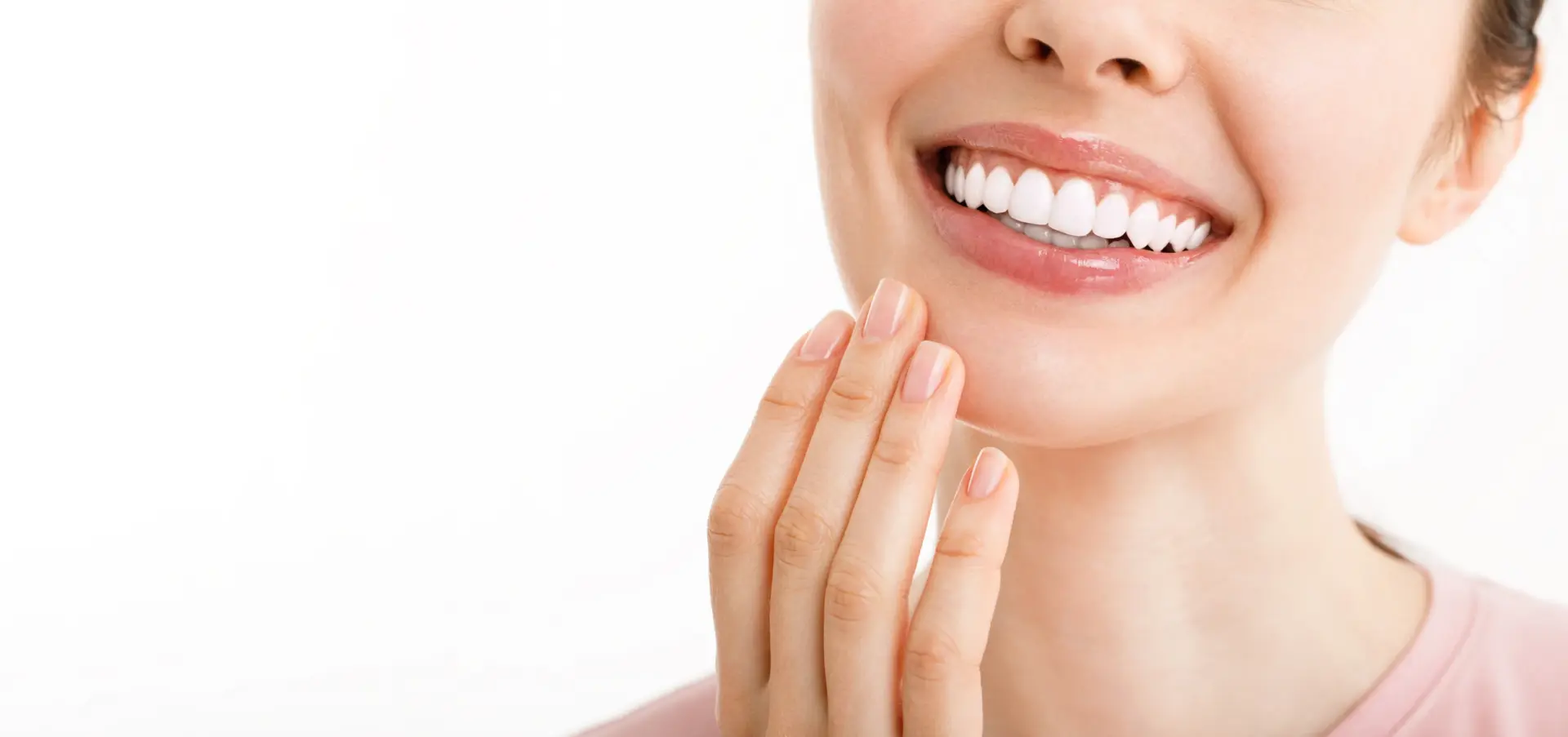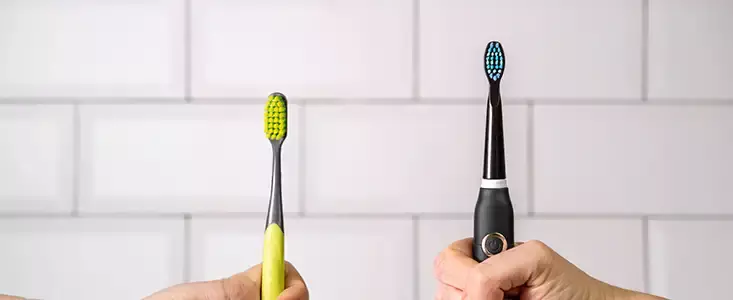For athletes at the professional level, losing a tooth during a game might be a price of playing and rite of passage, but for the average hobbyist, losing a tooth can be a traumatic and expensive endeavor. In actuality, the cost of preventing such an injury is much more cost effective.
The two most important pieces of protective equipment for protecting your mouth while participating in contact sport are mouth guards and helmets. A mouth guard is a must for any sport or activity that includes balls, bats, sticks, pucks, or bodily collisions. In sports like football, hockey, boxing use of a mouth guard are required since the likelihood of injury is greater than in other less-contact driven sports. However, children and adults should also consider wearing a properly fitted mouthguard for lesser contact sports like basketball, baseball, softball, wrestling, soccer, and volleyball.
Mouthguards can prevent chipped or broken teeth, fractured crowns and bridgework, lip and cheek injuries, root damage to teeth, fractured jaws, and concussions. Relatively inexpensive mouthguards can be found over the counter in a one-size-fits-most capacity that might require some work on your part to make fit snuggly. Both the generic and boil-and-bite style mouth guards can be a quick and easy solution, they tend to be uncomfortable and don’t offer a good enough fit to be the most protective device available. For this reason, it’s recommended to see your dentist for the slightly more expensive, but vastly more effective and comfortable option of a custom mouth guard. This can be arranged by calling our office and setting up a short appointment to get you started.
In high contact sports like football and hockey, a helmet with a faceguard add a second layer of protection for your mouth. Each sporting event you participate in may have a different helmet type required, so take a few minutes to research the most appropriate level of protection needed before donning the wrong helmet and taking to the field, rink, ramp, etc. Even in solo sports where helmets are recommended, it’s good practice to buy and wear an appropriately fitting mouth guard as most helmets aren’t designed with your mouth and teeth in mind.
Studies show that utilizing the right protective equipment for the activity has prevented over 200,000 injuries annually. In fact, in high school sports 75% of mouth-involved injuries occurred when mouth guards weren’t worn. 40% of mouth injuries occurred in baseball and basketball where mouth guards aren’t always considered a ‘required’ piece of equipment. 9% of all athletes suffered some type of oral injury while another 3% reported a loss of consciousness when not using proper protective devices like mouth guards and helmets. And 56% of all concussions happened when mouth guards were not worn. These statistics alone are a great reminder to make a quick trip to your dentist to be proactive in the protection of you or your child’s mouth during sport seasons. Replacing a tooth costs approximately 20 times more than a professionally prepared mouth guard.
In the event of a sports-related dental emergency, it’s important to stay calm and call your dentist. Never ignore a mouth injury as the risk of permanent damage rises as more time passes. In the event a tooth is broken, chipped, or knocked out during a sporting event, save all pieces / teeth. (If I whole tooth is dislodged from your mouth be sure to hold it by the crown area). Rinse your mouth and the broken pieces/teeth with warm water. Do not scrub. For bleeding apply clean gauze to the area for about 10 minutes or until the bleeding stops. It is important to call your dentist right away and they will further advise you how to proceed. In the case of lost crowns, fillings, or broken braces, wires, or brackets, call your dentist right away. For a lost filling you may use a piece of sugarless gum in the cavity as a temporary measure until you can get into the office. Broken wires and braces can be temporarily soothed with the end of a pencil eraser or orthodontic wax to prevent from being cut and poked until your appointment time. Clove oil, Tylenol, and cold compresses are great dental emergency staples in any first aid kit.
So before you strap on your skates, take to the courts, or suit up for the big game, call our dental professionals at Anderson and Atkins today to schedule a mouthguard fitting at 979-846-1814 or email us at info@craigandersondds.com. We look forward to protecting your smile while you shine.
Share
STAY IN THE LOOP
Subscribe to our free newsletter.
Leave A Comment
Helping your child develop the healthy habit of brushing their teeth can be challenging. Boredom is one of the main reasons kids push back against brushing their teeth, so why not find a way to make the process fun? Here are four tips to encourage your kids to brush their teeth. Sing a Song or





